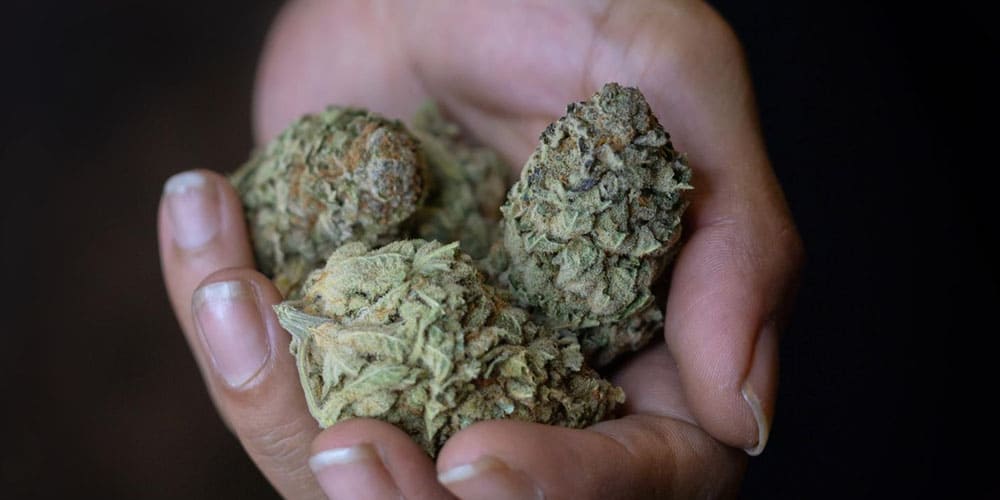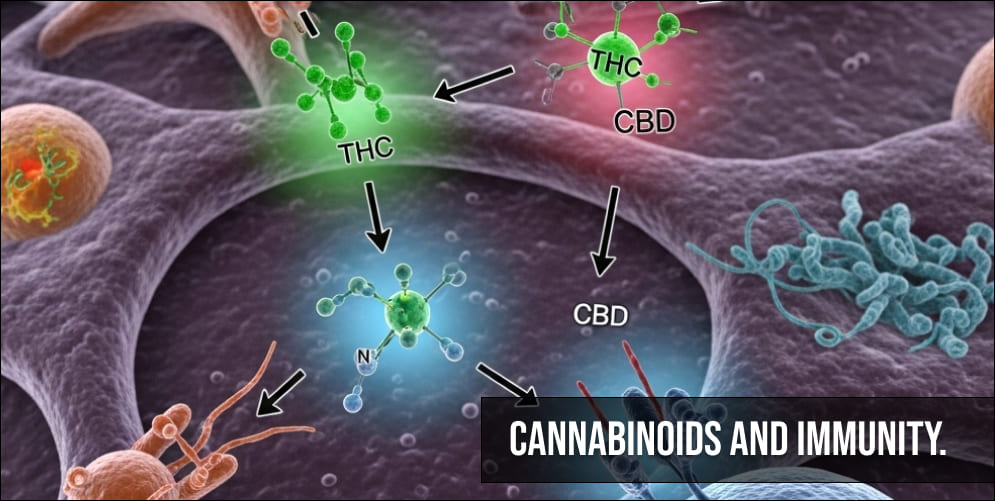Does Cannabis Affect Blood Thickness?

Blood thickness and its potential alteration by cannabis use has become a topic of increasing interest and debate in recent years. As the prevalence of cannabis use for both medical and recreational purposes grows, understanding its myriad effects on human health is becoming more critical. Among the various health-related questions raised, the relationship between cannabis and blood thickness stands out as particularly intriguing.
Before delving into the core of the cannabis discussion, it’s crucial to understand what is meant by “blood thickness.” In medical terms, this refers to blood viscosity, which is the measure of the resistance of blood to flow. Blood thickness is influenced by several factors including the number of red blood cells, blood plasma, and platelets. Variations in blood thickness can affect blood circulation and, consequently, the overall health of an individual.
- Why Does Weed Affect People Differently?
- Bridging Emotions: How Weed Affects Your Empathy
- Does Cannabis Use Affect Your Oral Health?
Cannabis: A Brief Overview

Cannabis, originating from the Cannabis sativa plant, is rich in a variety of active compounds, among which THC and CBD are the most well-known. THC is the compound primarily responsible for the psychoactive effects of cannabis, which includes the sensation of being ‘high.’ On the other hand, CBD is appreciated for its therapeutic properties, providing relief for various ailments without inducing the intoxicating effects associated with THC.
This diverse array of compounds contributes to the unique and multifaceted nature of cannabis, making it a subject of both interest and debate, especially in the realm of medical research. The complexity of cannabis, with its varied chemical makeup, has made it a controversial yet intriguing subject in medical circles. Researchers are continuously exploring the potential health benefits and risks associated with its use. The differing effects of THC and CBD have led to a wide range of applications, from recreational use to potential therapeutic treatments for conditions such as chronic pain, anxiety, and epilepsy.
However, the psychoactive effects of THC also bring concerns and regulatory challenges. This duality is at the heart of ongoing discussions about cannabis, as the scientific community seeks to understand and harness its properties for medicinal purposes while addressing the societal and health implications of its use.
Discover the formidable power of Alien OG Premium Flower, a top-tier Indica renowned for its intense effects. Each pack of this premium flower presents a rich aroma of earthy pine and a touch of lemon, with flavors blending spicy, citrusy notes on an earthy foundation.
The Cannabis-Blood Thickness Connection

The question of whether cannabis influences blood thickness is not straightforward. Research in this area is still in its nascent stages, with studies offering varying conclusions. However, several key points have emerged from existing research that shed light on this complex relationship.
- The Role of THC: THC, the psychoactive component of cannabis, has been shown to have several effects on the cardiovascular system. Some studies suggest that THC can cause vasodilation, which is the widening of blood vessels. This effect can lead to decreased blood pressure and potentially altered blood flow. However, the direct impact of THC on blood viscosity remains under-explored.
- CBD and Blood Circulation: CBD, on the other hand, is known for its anti-inflammatory and anticoagulant properties. These characteristics suggest that CBD could potentially influence blood thickness by preventing blood clot formation. However, the extent to which CBD affects blood viscosity is still being studied, and concrete conclusions are yet to be drawn.
- Cannabis and Platelet Aggregation: An area of particular interest is the effect of cannabis on platelet aggregation – a critical factor in blood clot formation. Some studies have indicated that cannabis use might influence platelet activity, thereby affecting blood coagulation and viscosity. However, this area of research is still evolving, and definitive answers are not yet available.
Immerse yourself in the joyous essence of Kool Aid 20 original mini joints, each a 0.5-gram delight. This balanced hybrid offers a perfect blend of sativa and indica effects, renowned for its sweet, fruity aroma that invigorates the senses.
Clinical Studies and Research

Several clinical studies have delved into the potential relationship between cannabis use and blood thickness, shedding light on its impact on the cardiovascular system. A notable study, published in the Journal of the American Heart Association, explored this connection and found an intriguing association. The study revealed that cannabis use was linked to a higher incidence of stroke in young adults.
While these findings do not directly confirm an increase in blood thickness due to cannabis use, they do suggest that cannabis might have significant effects on the cardiovascular system, warranting further investigation to understand the underlying mechanisms. In another line of research, scientists have focused on the effects of cannabis on patients suffering from deep vein thrombosis (DVT). The findings from this study were mixed and somewhat inconclusive. Some patients in the study exhibited signs of increased blood thickness, which could potentially complicate their condition.
However, other participants did not show any significant changes in blood thickness, indicating variability in how individuals’ bodies respond to cannabis. This inconsistency not only underscores the complex nature of cannabis’s effects on human physiology but also highlights the necessity for more extensive and rigorous research to draw definitive conclusions about the relationship between cannabis use and blood thickness.
Personal Health and Lifestyle Factors

When assessing how cannabis affects the body, particularly in terms of blood thickness, it is crucial to take into account the variety of individual health and lifestyle factors. These factors include age, gender, and pre-existing health conditions, all of which can significantly influence the body’s response to cannabis. For instance, older adults or those with certain cardiovascular conditions may experience different effects compared to younger, healthier individuals. Additionally, the method and frequency of cannabis consumption can also alter its impact.
Regular, heavy use might have a more pronounced effect than occasional or moderate use, indicating the importance of understanding these nuances. The diversity in individual reactions to cannabis underscores the complexity of its effects on human health. Personal health history and lifestyle choices can greatly modify how cannabis interacts with one’s body, making it challenging to generalize its effects, including on blood thickness.
This variability highlights the need for personalized approaches in both medical and recreational cannabis use. Understanding and considering these individual differences is crucial for users and healthcare providers alike, especially when making decisions regarding the use of cannabis in the context of health and wellness.
Step into the vibrant world of ZKittlez Prerolls Hash Rosin Infused, a fusion of elegance and strength. Each roll, infused with top-grade Hash Rosin and adorned with kief, promises a smoking experience of unmatched finesse.



























